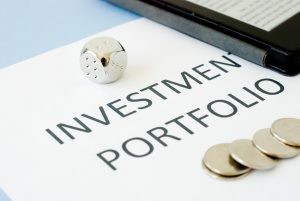
When you buy an investment property there is no one there to advise you on how to manage your investment funds, or cash flow. It appears easy, you secure the mortgage, the tenant pays the rent, and there maybe a minor difference that you need to top, no biggy!
Those seasoned investors know, this is not true at all. I’m not a financial advisor but I thought it maybe worth sharing some thoughts on how some successful owners manage their investment funds. The aim they strive for is to flat line the amount they contribute to a simple, consistent, weekly payment, rather than trying to manage the extra expenses as they come in.
Firstly they create a budget. For an investor, there are three (3) major categories of expenses:
Running costs – which include insurance, body corporate, rates, agency fees and water. Most of these are relatively fixed costs and can be easily budgeted for.
General repairs – are harder to budget for, but rule of thumb, a newer property will consume around 2% per year.
This is usually made up of compliance, like smoke alarms, blind cords and safety switch testing (as mentioned in my previous issue). A property up to 10 years old could consume around 6% per year, and after that they would budget for around 10% per year.
Capital improvement items – Your investment property won’t last forever without spending money on it. Carpets and paint will need to be refurbished every 8 – 10 years. You then have window coverings, appliances, and exterior painting and gutters. If you own a holiday rental, you will need to consider how frequently you need to update the furnishings.
I wouldn’t suggest budgeting for big things like new kitchen or bathrooms as this can be financed through other methods, like a mortgage redraw etc.
The budget may or may not cover all expenses but, remember the idea here is to try and flat line your expenses, so if it is a little over or under that will soften the financial impact on your hip pocket. Put all these expenses into a spreadsheet, add your rental income and loan repayments to give a total annual profit and loss statement.
A negatively geared property will demand money from your hip pocket, a positively geared property will give you cash in the hand. Either way you will have a much better idea of how much you can either contribute or take from your investment property to reduce any radical impact on your hip pocket. As the excess funds build up, keep them in a high interest account and transfer them out when you need them.
If you would like more information about how to go about this, call our local LoanMarket guru Sam Arthurs on 0450 800 844.
